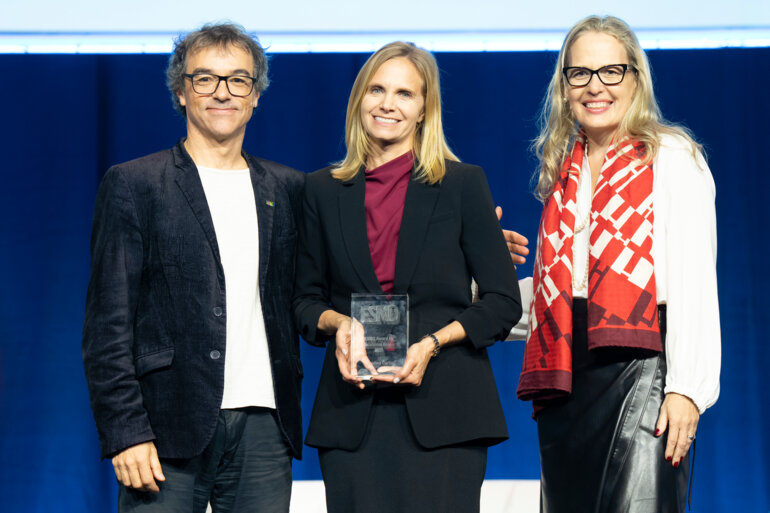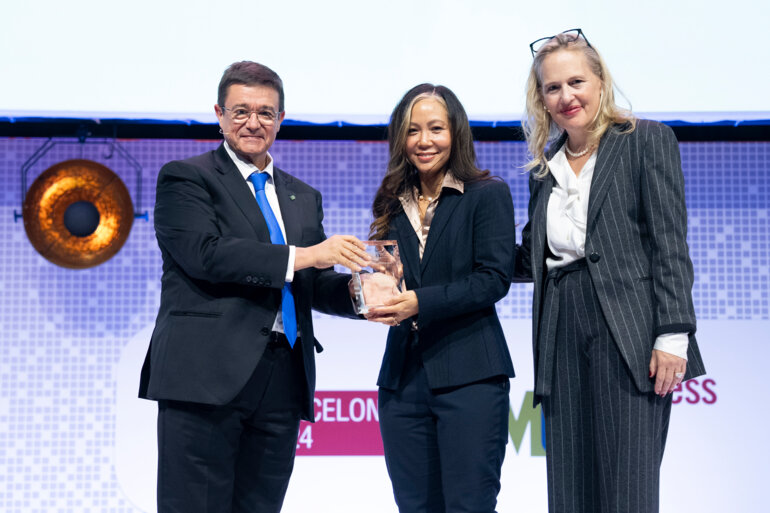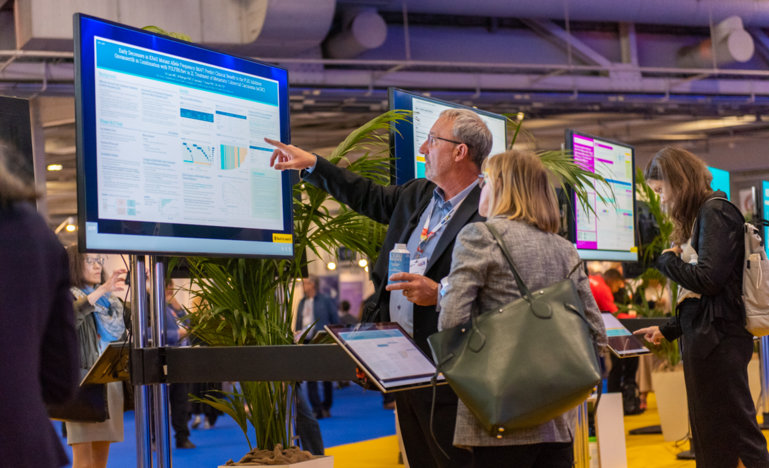Addressing cost and affordability issues is now key to increasing the use of this approach in the clinical setting in Asia
Although the term ‘liquid biopsy’ first entered the cancer lexicon less than 15 years ago, this approach is now just beginning to establish a strong foothold in clinical practice, particularly in non-small cell lung cancer (NSCLC) due to the growing range of druggable oncogene drivers. Currently, the main clinical application is analysing circulating tumour DNA (ctDNA) in patients with EGFR-mutated NSCLC, commonly where there is insufficient tumour tissue, and most often in those who have progressed on targeted therapies. The non-invasive nature of liquid biopsies, and their consequent potential to be repeated easily, provides the means to monitor resistance development during therapy. However, in reality, the use of liquid biopsies is shaped by cost and lack of reimbursement, particularly in Asia. When some form of ctDNA analysis is available, use may be limited to one test with a single-gene PCR-based assay rather than serial testing with next-generation sequencing, and the question arises regarding the optimal time to take this opportunity. Improving affordability may lead to increasing use of the ‘plasma first’ approach rather than merely being an alternative where tissue samples are unavailable or inadequate. Going forward, it will also be critical to develop panels that are appropriate to the clinical setting rather than using whatever is available, as is often the case in current practice.
An application of liquid biopsies, yet not fully established in clinical practice, but with the potential to be transformative, involves multi-cancer early detection (MCED). MCED methods include CancerSEEK that detects circulating proteins and mutations in cell-free DNA (Science. 2018;359:926–930), PanSeer that detects ctDNA methylation (Nat Commun. 2020;11:3475) and the DELFI assay that employs genome-wide analysis of ctDNA fragment profiles (Nature. 2019;570:385−389). Recently, GRAIL’s targeted methylation-based Galleri MCED demonstrated feasibility in detecting multiple tumour types in a large-scale prospective study in a symptomatic population (Lancet Oncol. 2023;24:733–743) and the NHS-Galleri trial is ongoing in non-symptomatic individuals (NCT05611632). Some interesting data presented at the ESMO Asia Congress 2023 (Singapore, 1–3 December) showcase the utility of the SPOT-MAS assay, which simultaneously profiles methylomics, fragmentomics, copy number and end motifs in ctDNA to detect five common tumour types (Elife. 2023:12:RP89083). In the K-DETEK study, Vietnamese researchers were able to clinically validate the SPOT-MAS assay in a large population of more than 9,000 asymptomatic individuals (LBA2). MCED tests are often prohibitively expensive, but if appropriately priced for low- and middle-income countries, assays such as SPOT-MAS have the real potential to enable early detection, particularly where national cancer screening programmes are not available.
In addition to early detection, MCEDs may help to predict tumour location. Detecting minimal residual disease (MRD) is another key area where liquid biopsies have transformative potential. Progress has been made in different tumour types, for instance in colon cancer, where post-surgery ctDNA analysis was found to be a prognostic marker of recurrence and where post-chemotherapy ctDNA analysis identified patients who remained at high recurrence risk despite adjuvant treatment (JAMA Oncol. 2019;5:1710–1717). There are currently a multitude of different assays being tested and some technical limitations to overcome, but I hope that soon we may be able to integrate MRD monitoring into the management of NSCLC, for example, to guide the use of adjuvant chemotherapy after neoadjuvant immunotherapy/chemotherapy.
Don't miss:
Mok TSK. Transitioning liquid biopsies from research to practice. ESMO Asia Congress 2023, Keynote lecture
Opening Session and Keynote Lecture, 01.12.23, h. 09:30 – 10:30 SGT, Hall 406
Tran LS, et al. Analytical and clinical validation of a ctDNA-based assay for multi-cancer detection. ESMO Asia Congress 2023, LBA2
Mini Oral Session: Breast Cancer, 03.12.23, h. 10:45 – 12:15 SGT, Hall 401







